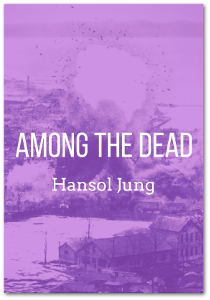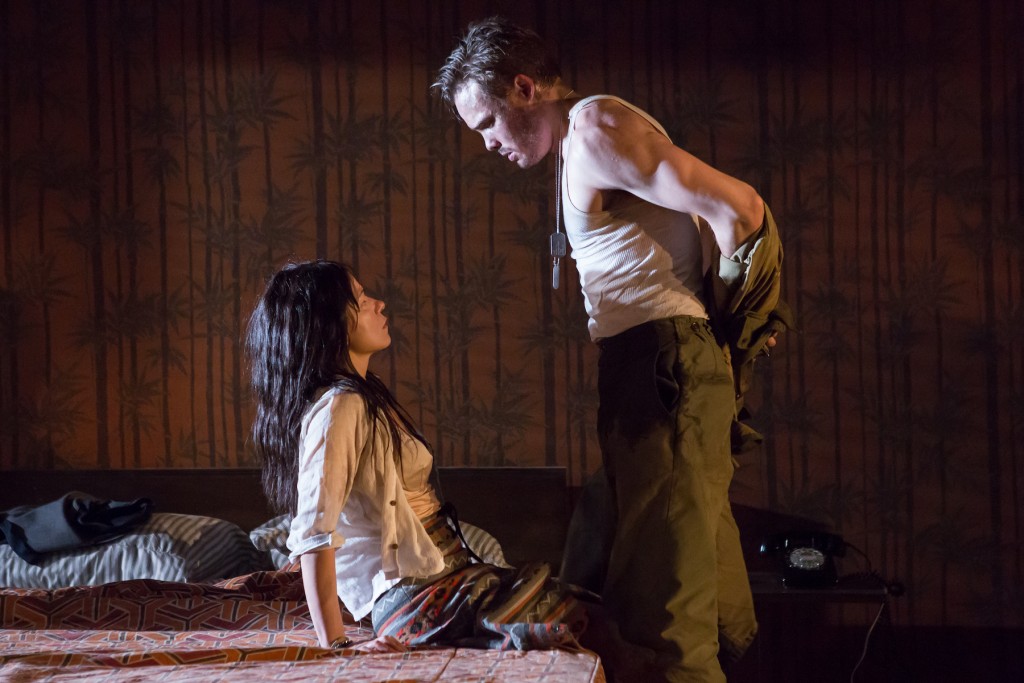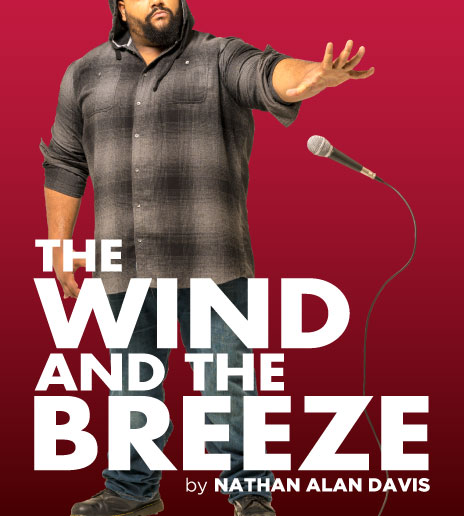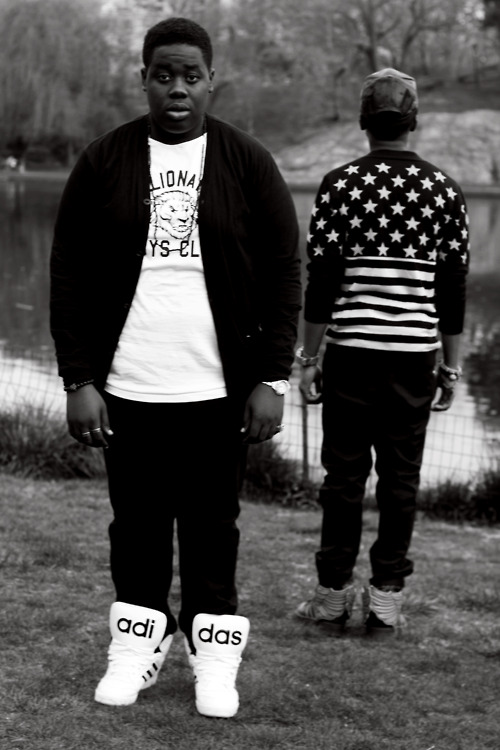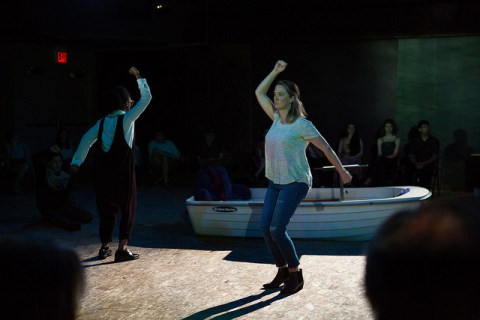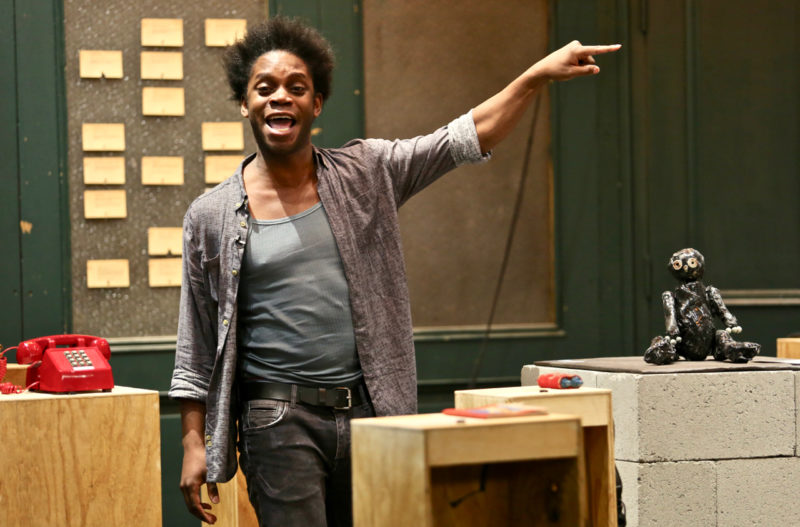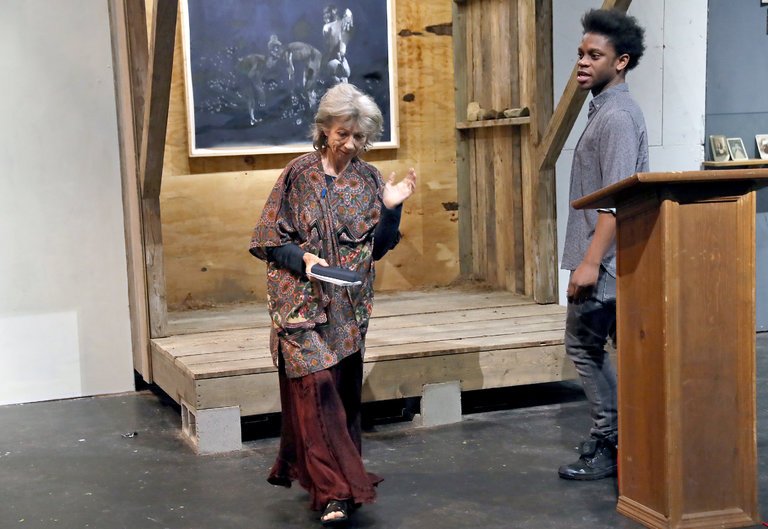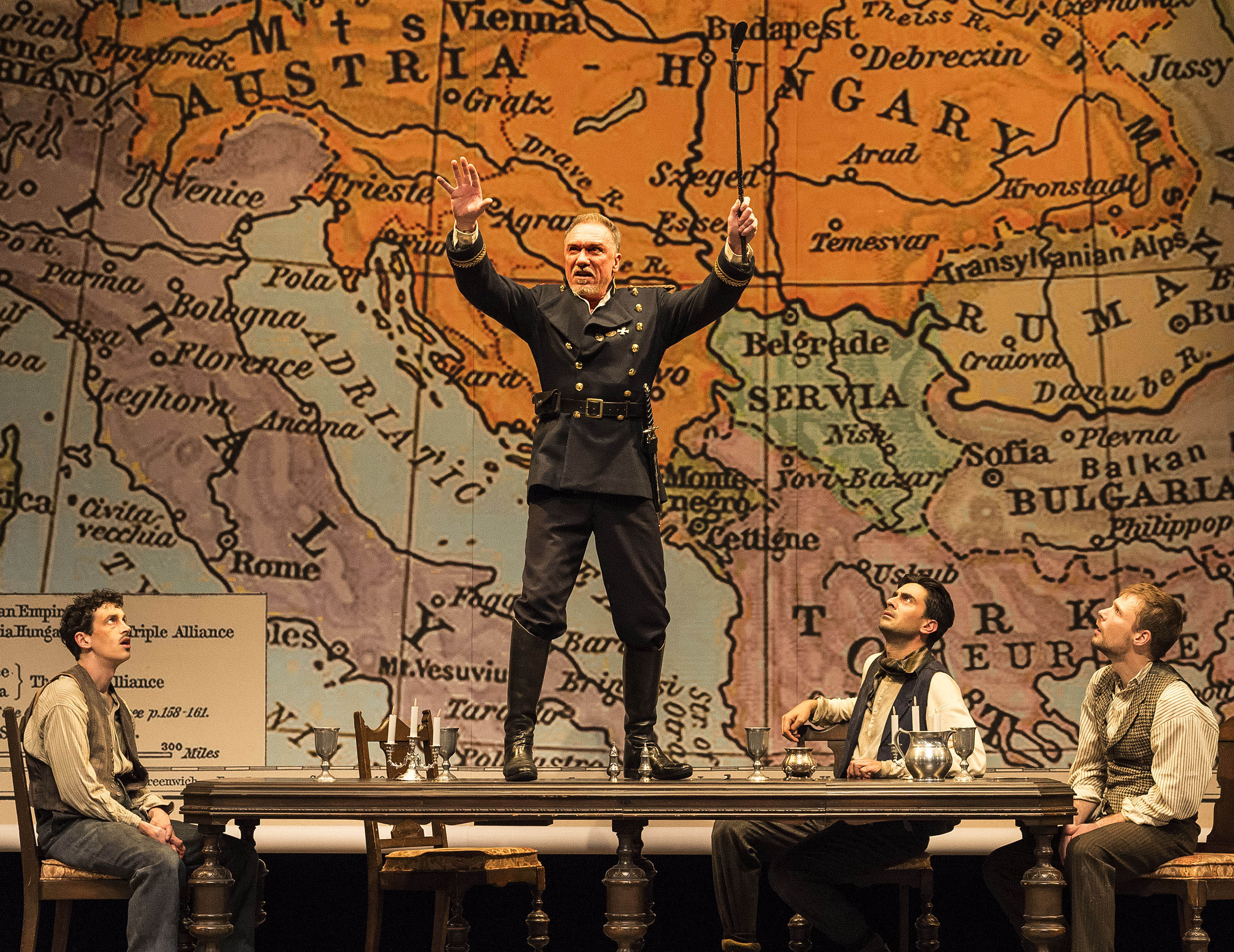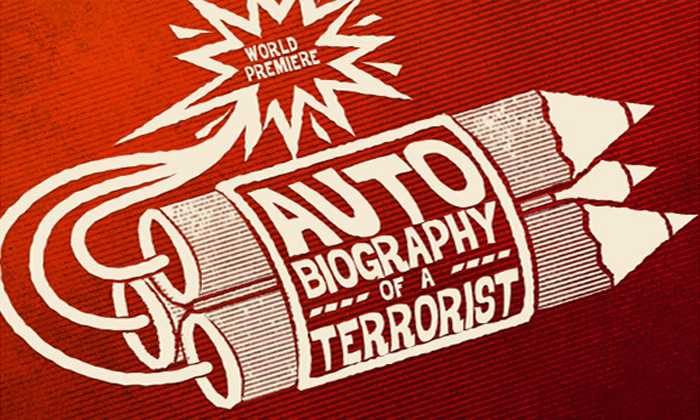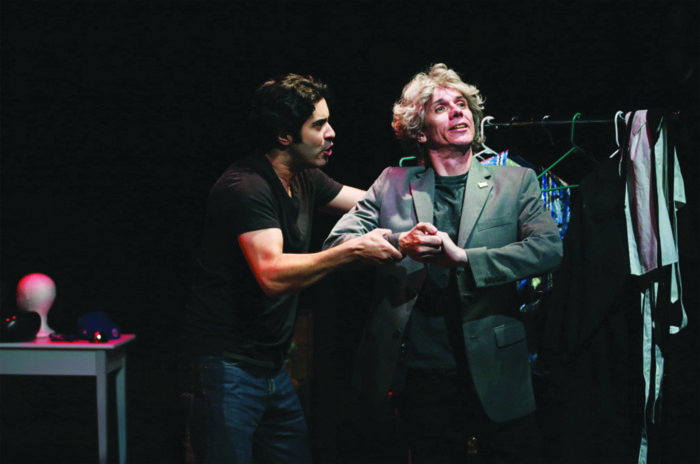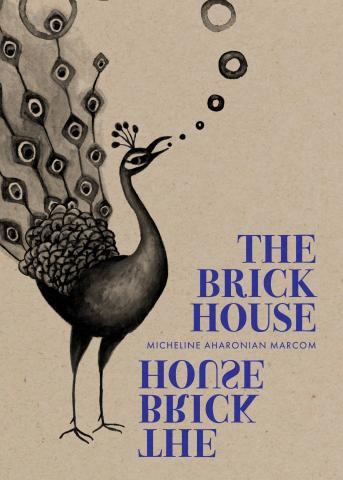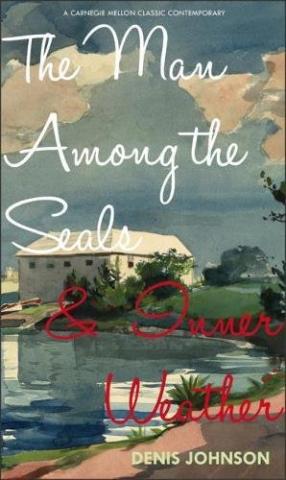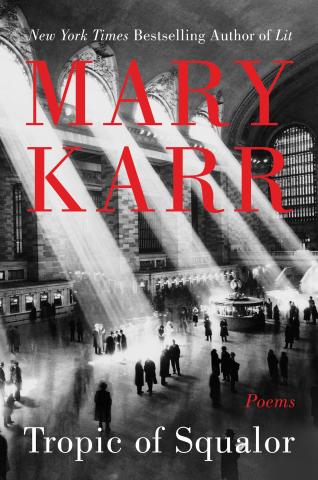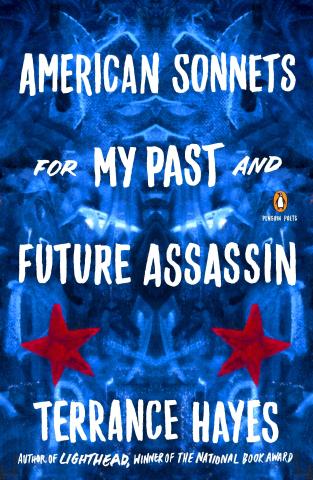Ana is a Korean American who travels to Seoul in 1975 to retrieve her recently deceased father’s ashes. Luke is a young American soldier fighting in the jungles of Myanmar in 1944. Number Four is the name of a Korean comfort woman camping out on a bridge in Seoul in 1950, waiting for the return of the young American soldier who fathered her daughter. Three separate time periods collide in a small hotel room in Korea, mediated by a shape-shifting Jesus who first shows up as a bellboy. Among the Dead is a dark comedy about a family broken apart by betrayed promises, and finding each other through SPAM, journals, and Jesus. Mostly Jesus.
Cast: Will Dagger, Julienne Hanzelka Kim, Diana Oh, and Mickey Theis; Director: Ralph B. Peña
Cast: James Kern, Bi Jean Ngo, Claris Park, and Cathy Simpson; Director: Deborah Block
